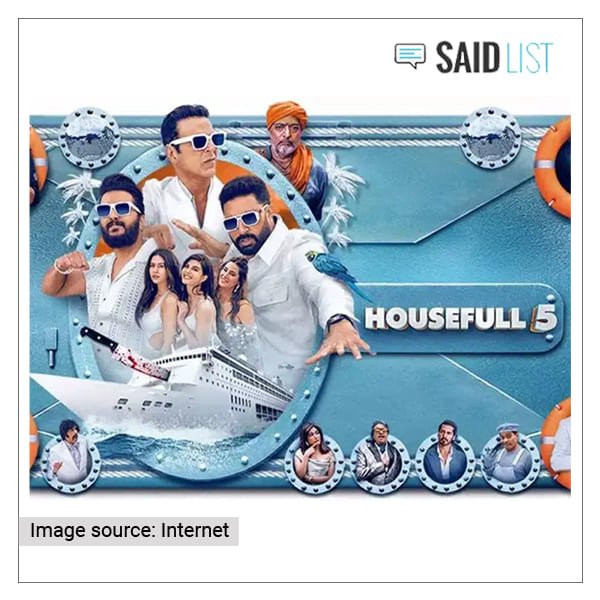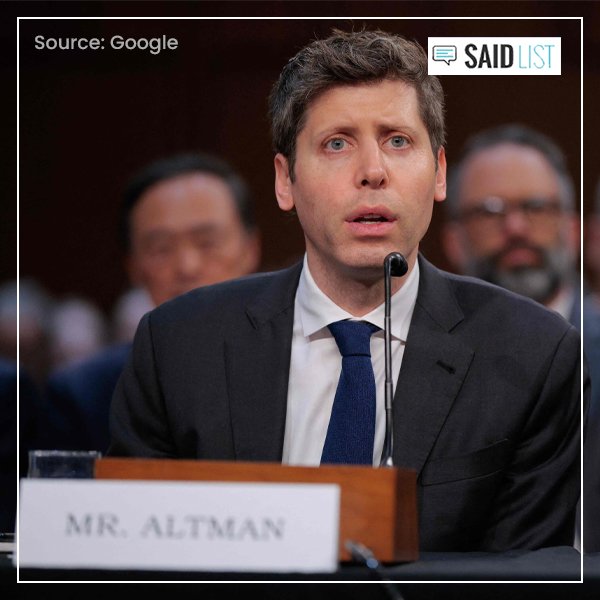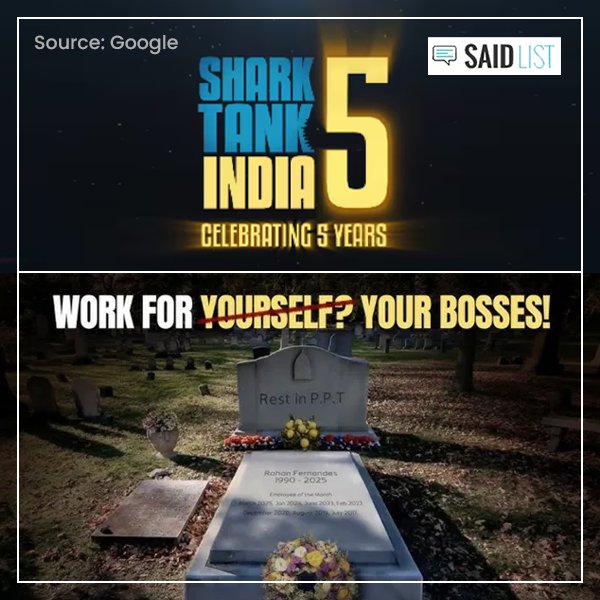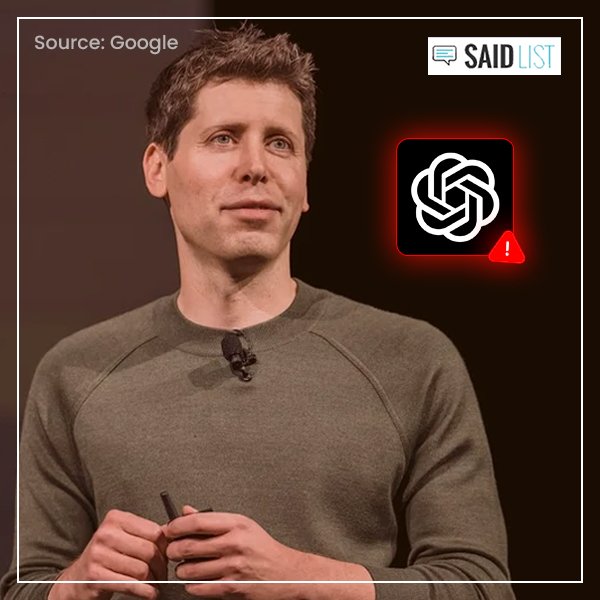In a real-world example of how the internet never forgets, social media platform X (formerly Twitter) recently suspended the account of user @Ishaan3, nearly 14 years after Indian cricketer Virat Kohli warned him for using foul language online.
Kohli’s public warning from December 6, 2011, became a point of frequent online discussion, as the user in question not only defied the warning but also mocked it repeatedly over the years. The eventual suspension has reignited debates about digital trolling, online abuse, and platform accountability.
The Original Tweet That Started It All
In 2011, then 23-year-old Virat Kohli, already rising as a prominent figure in Indian cricket, took a rare and direct stance against social media abuse. Addressing the handle @Ishaan3, Kohli tweeted:
“your account has been reported and will be deactivated soon. don’t tweet if u wanna use foul language(sic),” — Virat Kohli (@imVkohli), Dec 6, 2011
The context of the tweet was not fully detailed, but it was understood that the user had used derogatory language against the cricketer. Kohli’s statement was notable, given that few public figures at the time engaged directly with online abuse.
A Decade of Defiance
Despite the warning, the X user behind @Ishaan3 continued tweeting. In fact, the account became infamous for referencing Kohli’s warning as a badge of pride. Posts from the user resurfaced periodically:
- 2016: “Still I am on Twitter bro… 5… paanch saal ho gaye.”
- 2020: “10 saal hogaye Kohli bhai.”
The user would often tag Kohli or refer to his 2011 tweet, mocking the idea that his account would be suspended. Over time, this became a reference point for discussions around trolling and platform inaction.
2025: Account Suspended Without Formal Announcement
Fast forward to June 2025 — X users began sharing screenshots showing that the X user @Ishaan3 account had been officially suspended. The message displayed on the profile read:
“Account suspended. X suspends accounts that violate the X Rules.”
The platform did not release a public statement regarding the specific cause for suspension, but users speculated it was a result of cumulative violations, likely involving abusive behavior or harassment—both of which are now against X’s policies under its updated safety and conduct guidelines.
Fan Reactions and Internet Memory
For Kohli’s fans and online observers, the suspension marked the end of a digital standoff. Many users took to X and Reddit to post side-by-side screenshots of Kohli’s 2011 warning and the 2025 suspension notice, calling it poetic justice.
Some viral reactions included:
- “Golden year for Virat Kohli… RCB ne trophy jeet li aur Ishaan ka account suspend ho gaya.”
- “Karma takes time, but it delivers.”
The incident also brought attention to how long-standing digital records can shape narratives even years later, thanks to searchable archives, reposts, and meme culture.
X’s Current Policies on Abuse and Trolling
Under Elon Musk’s leadership and the rebranding from Twitter to X, the platform has implemented both AI-driven moderation systems and community-based reporting tools. While still criticized for inconsistency, X has stepped up action against repeated violations of its rules on safety, targeted harassment, and platform manipulation.
According to X’s policy documentation:
“You may not engage in the targeted harassment of someone, or incite other people to do so. We consider abusive behavior an attempt to harass, intimidate, or silence someone else’s voice.”
Users who repeatedly breach these rules, even over a long time, can be subject to permanent suspension, especially if the behavior involves abuse against public figures or marginalized communities.
The Rise and Consequences of Digital Trolling
The term “trolling” originally referred to disruptive online behavior intended to provoke reactions. Over time, it has evolved to encompass everything from sarcastic posts to malicious harassment, hate speech, and cyberbullying.
Social media, especially Twitter/X, has long been a hotspot for trolling due to its open nature. Public figures—especially women, athletes, and politicians—often face relentless digital abuse. Kohli himself has dealt with online trolls on multiple occasions, including after poor performances or team losses.
Digital abuse is no longer seen as “harmless” or “just online banter.” The consequences can be real and damaging:
- Mental health deterioration of targets
- Misinformation spread through mass trolling
- Mob justice and doxxing incidents
- Delayed or inadequate platform responses
The @Ishaan3 case becomes an illustrative example: even when the target is a powerful celebrity like Kohli, it can take years for action to be enforced.
Legal and Regulatory Perspective
India does have laws under the Information Technology Act (Section 66A) that previously aimed to penalize offensive online speech, but it was struck down by the Supreme Court in 2015 for being unconstitutional. Since then, online abuse regulation has fallen into grey areas.
Recently, discussions have been reignited around establishing clearer digital conduct guidelines and platform accountability laws. Cases like Kohli vs. X user @Ishaan3 can provide useful case studies for policymakers.
Lessons for Users and Influencers
There are several key takeaways from this 14-year-long social media arc:
- The Internet Remembers
Content posted over a decade ago can still resurface, shape public opinion, and even contribute to enforcement actions. - Digital Trolling Isn’t Risk-Free
Repeated abuse or targeted mockery, especially when documented, can result in suspension—even years later. - Celebrities Have Influence—But Not Immunity
Kohli’s status helped keep the 2011 incident in public memory, but he did not directly cause the suspension. It happened through platform mechanisms. - Platforms Are Catching Up
Social media companies are under increasing pressure to moderate content more effectively, even if it takes time.
Final Word: A Long-Overdue Closure
In 2025, the world of cricket, fans, and digital media witnessed an unexpected closure to a chapter that began in 2011. While Kohli has not commented on the suspension, the internet certainly has. What seemed like an empty warning 14 years ago eventually materialized into an action that underscores how digital footprints, accountability, and consequences are more real than ever.
As trolling, cancel culture, and online discourse continue to dominate the digital world, stories like these remind us of a simple truth:
The web may be vast, but it never forgets.











